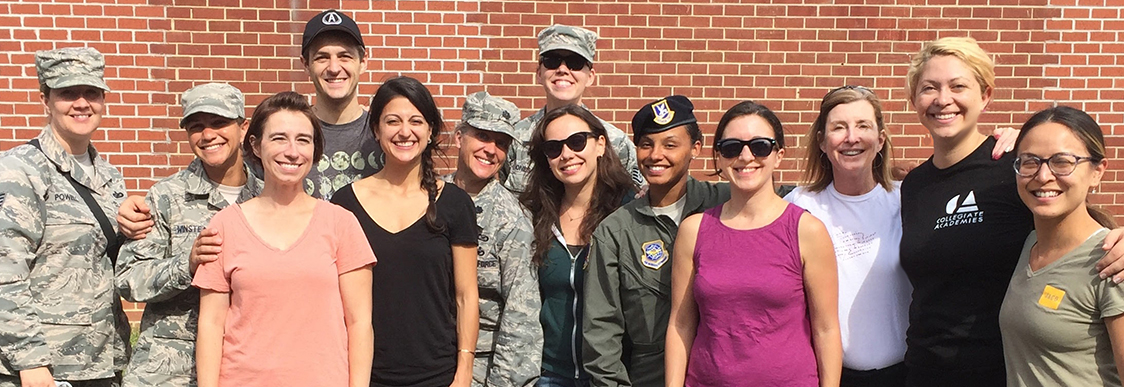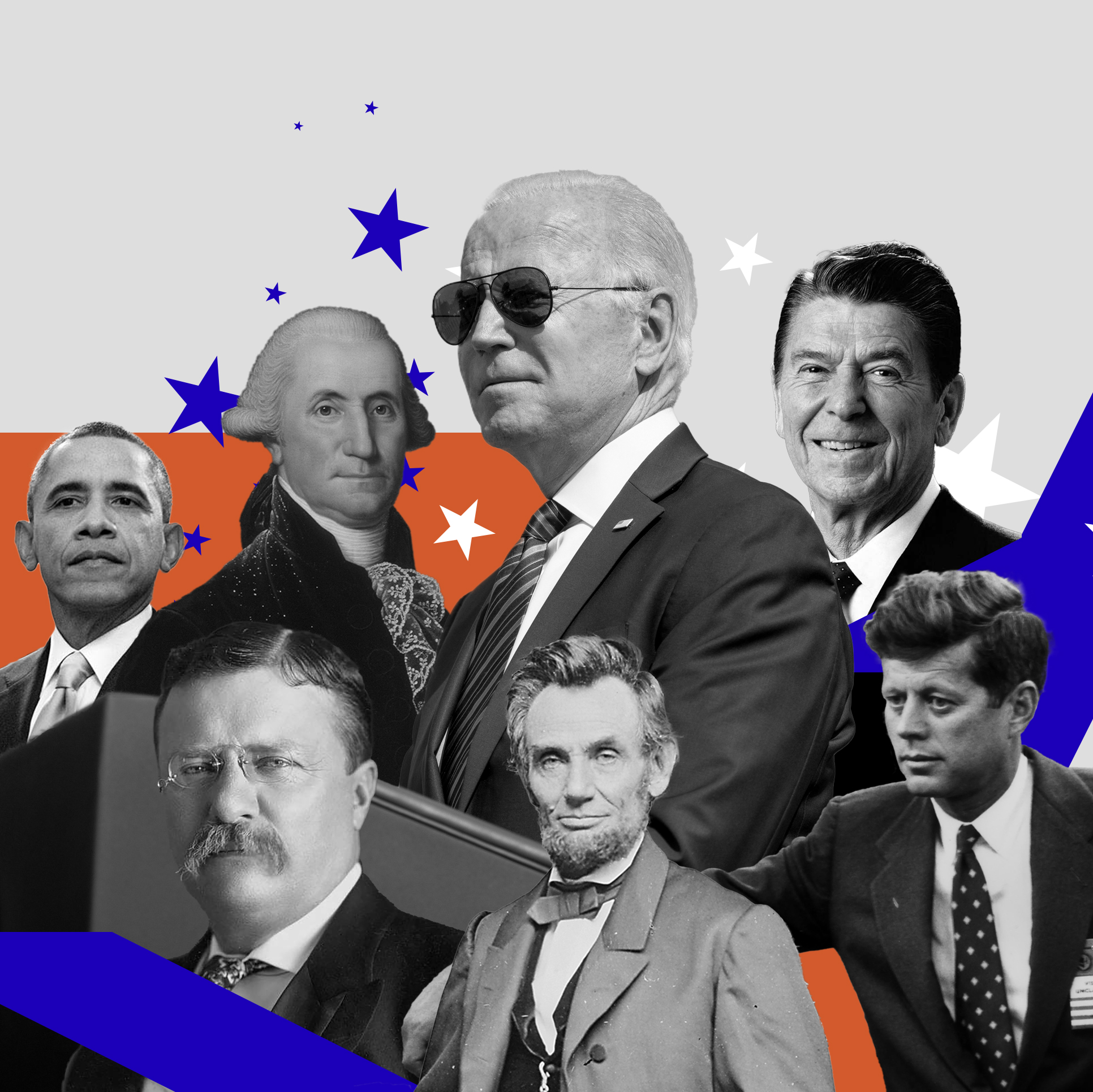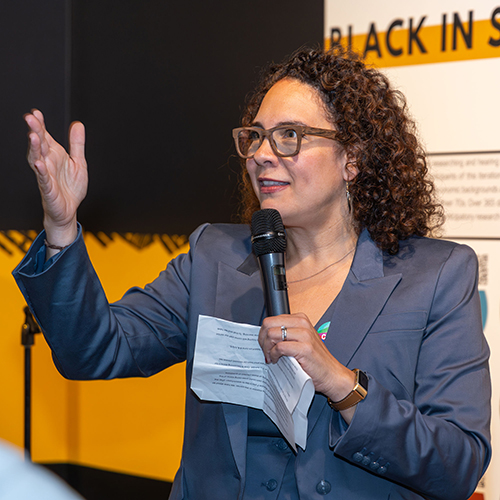When the U.S. military announced in 2015 that all combat jobs would be open to women, UW alumnae Julia Sears and Maggie Moore got to work. Not as soldiers, but as storytellers. Compelled to share the stories of women in combat, the former college roommates conceived and co-wrote Bullet Catchers, a play that premiered in New York City earlier this year.

Bullet Catchers — Army slang for infantrymen — follows the first mixed-gender Army infantry unit from training to deployment in the not-too-distant future. Rather than simply affirming the right of women to be considered for every military job, the play asks why we as a society are so afraid of those rights. “Investigating what that fear is, that’s a much more interesting way to engage with an audience,” says Sears.
From the beginning, Bullet Catchers’ co-creators came at the topic from different perspectives. As a political organizer, Moore (BA, International Studies, 2012) had been instrumental in a campaign to lift the combat ban for women. Sears (BA, Drama, 2012), a theater director, learned about the issue through Moore and wanted to explore it further through drama. “As a female director, I feel it is my responsibility to tell the stories of women who are vastly underrepresented in theater and film,” says Sears. “That’s where I can have the largest impact.”
Though the play imagines the first mixed-gender combat unit, women have in fact served alongside men in combat for years. “There’s been a loophole in the system,” Sears explains. “Women have been ‘attached’ to combat units rather than being ‘assigned’ to them, which has meant that they were going out with combat units but weren’t getting the same training or the acknowledgement needed for promotion. And they weren’t eligible for the combat pay that comes with being assigned to higher risk situations.”

Sears and Moore interviewed dozens of women who had served in combat, to understand their experience. Armed with those interview transcripts, they and six professional actors holed up in a cabin in Maine for two weeks to develop characters and a story. Three of the actors were also veterans.
“Maggie and I are civilians, and while we felt that our skills and opportunities were well suited to bring this story to an audience, it’s not our story,” says Sears. “So it was incredibly important for us to make this play with female veterans and service members, not for them. It was important that it reflect what they wanted to communicate to a larger audience.”
After the Maine retreat, the co-creators and actors continued to develop material for the play. Rather than following a traditional linear structure, Bullet Catchers mixes dialog, songs, movement, and verse to explore the challenging topic in a visceral way.

“Theater is not film,” says Sears. “I can’t create a war zone for the audience to walk into, nor would I necessarily want to. But what theater allows you to do is artistically interpret experiences. You can create the feeling in the audience of whatever the character is going through.” Sears offers the example of a character with posttraumatic stress disorder who expresses that through a movement piece that begins pre-trauma and ends with the emotional fallout following a traumatic event.
Bullet Catchers’ other central characters — there are eight, including two men — face their own challenges. All of them are unique individuals with varied backgrounds, ages, military ranks, ethnicities, sexual orientation, and struggles.
“We want our civilian audience to understand that veterans and current service members are whole, well rounded, and complex individuals who have important stories worth exploring,” says Moore. “And we want our veteran audience to walk away from the piece knowing that they have seen a small part of military culture reflected back to them in a compelling and emotional way. Representation in popular culture matters a great deal, and we want them to know that their narratives deserve a prominent place in it.”

Many civilians who attended Bullet Catchers had no previous knowledge of the issues. They were moved by the play and the questions raised. Military audience members were heartened to have their stories heard. “A female veteran approached our producer to thank us for taking up the mantle of telling this story,” Moore recalls. “That is the deepest praise I could ever hope for.”
Plans are underway to present Bullet Catchers in Washington, D.C. and other cities with a large military presence. “We feel this play has a lot of future life, and we learned so much from the premiere,” says Sears. The team may rework some material based on audience response, but the heart of the play will always be the dozens of real-life women who shared their stories through candid interviews.
“We never would have been able to tell this story without their generous and thoughtful contributions,” says Moore. “It takes a great deal of strength and vulnerability to allow others to see your truth, and we want everyone who contributed to this story to know that we are forever grateful for it.”
. . .
For more about Bullet Catchers, visit bulletcatcherstheplay.com.
More Stories

Is This Presidential Campaign Different?
UW History professor Margaret O'Mara provides historical context for this moment in US presidential politics.

Making Sense of This Political Moment
To navigate this momentous election season, Arts & Sciences faculty suggest 10 books about the US political landscape.

Interrupting Privilege Starts with Listening
Personal stories are integral to Interrupting Privilege, a UW program that leans into difficult intergenerational discussions about race and privilege.